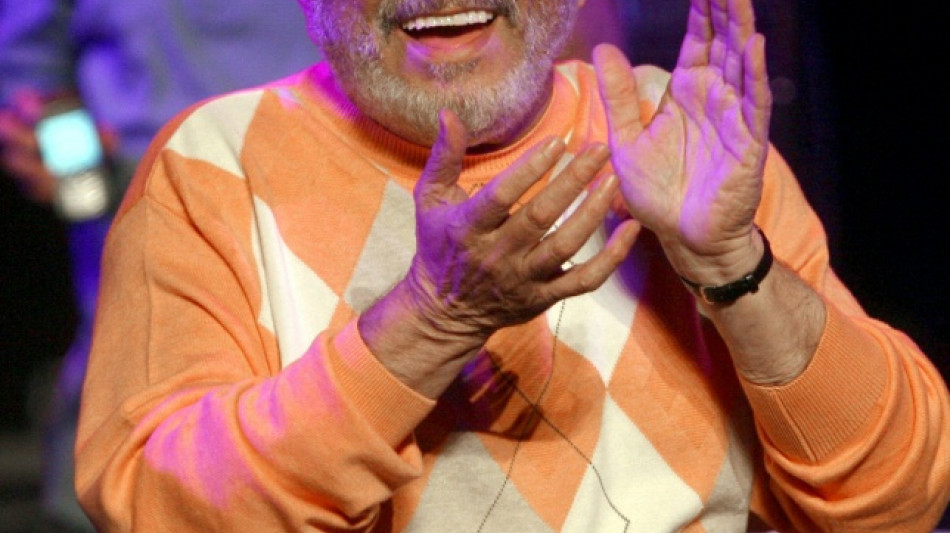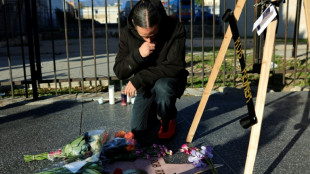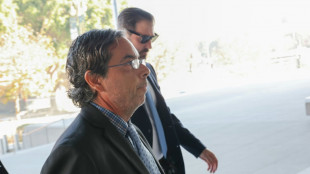
Eddie Palmieri, Latin music trailblazer, dies at 88

Eddie Palmieri, who revolutionized Latin music and played a major role in the salsa explosion in New York City, passed away Wednesday at the age of 88, according to the artist's official social media account.
The "legendary pianist, composer, bandleader, and one of the most influential figures in Latin music history, passed away in his New Jersey residence on Aug 6," read a post on Palmieri's Instagram handle, alongside a photo of the artist.
Fania Records, the salsa label, mourned the star's death, calling him "one of the most innovative and unique artists in music history."
"We will miss him greatly," it added.
Born in Harlem, New York, to Puerto Rican parents, Palmieri was the younger brother of pianist Charlie Palmieri and entered the music scene at a young age.
As a teenager, he took piano lessons at Carnegie Hall while also learning to play the timbales.
He began performing professionally in bands, including a two-year stint with Puerto Rican musician Tito Rodriguez.
Palmieri is recognized for having revolutionized the sound of Latin jazz and salsa, with a career spanning more than seven decades.
In 1961, he founded the band "La Perfecta", which redefined salsa by replacing trumpets with trombones.
Four years later, his track "Azucar Pa Ti" (Sugar For You) became a dancefloor hit -- and decades later, was added to the collection of the US Library of Congress.
In 1975, he became the first Latin artist to win a Grammy, for his album "The Sun of Latin Music," which won in the newly established Best Latin Recording category.
Palmieri was also one of the earliest salsa musicians to adopt a political tone in his compositions.
In 1969, he released the album "Justicia" (Justice), featuring lyrics that tackled inequality, social justice, and discrimination, with vocals by Puerto Rican singer Ismael Quintana and Cuban vocalist Justo Betancourt.
A few years later, in 1972, he performed at Sing Sing, a prison in New York, in front of an audience largely made up of Latino and Black inmates, according to The Washington Post.
"For all humanity!" Palmieri shouted through a loudspeaker in the prison yard, the newspaper reported.
He added that there should be "no walls," "no fear," and "only one thing in life: freedom in the years to come."
"He was a mentor, teacher, and tireless advocate for Latin music and culture," read a tribute on his social media.
"He inspired generations of musicians and moved countless listeners with his artistry, conviction, and unmistakable sound."
He is survived by five children and four grandchildren. His wife, Iraida Palmieri, passed away in 2014.
H.Robin--PS

 London
London

 Manchester
Manchester
 Glasgow
Glasgow
 Dublin
Dublin
 Belfast
Belfast
 Washington
Washington
 Denver
Denver
 Atlanta
Atlanta
 Dallas
Dallas
 Houston Texas
Houston Texas
 New Orleans
New Orleans
 El Paso
El Paso
 Phoenix
Phoenix
 Los Angeles
Los Angeles



